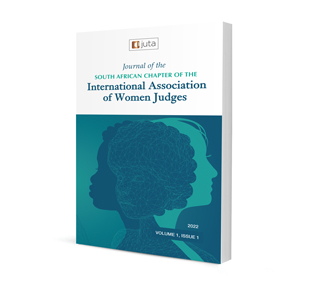
Contracts in restraint of trade: Pacta sunt servanda and constitutional values: From Magna Alloys to Beadica
Author: S E Weiner
ISSN: 2958-4973
Affiliations: BA LLB; Judge of the Supreme Court of Appeal
Source: Journal of the South African Chapter of the International Association of the Women Judges, Issue 1, 2022, p. 19-50
https://doi.org/10.47348/JSAC-IAWJ/2023/a2
Abstract
Since the advent of the constitutional era, the law of contract and the maxim pacta sunt servanda have been the subject of much jurisprudential discourse. Restraint of trade agreements have, on occasion, been regarded by our courts as distinct from other contracts, with some judges believing that such contracts should be treated with more circumspection and outside the confines of the principles applicable in our law of contract. In Magna Alloys the Appellate Division laid down the general principle that, prima facie, contracts in restraint of trade are valid and enforceable. The employee bears the onus of showing that the restraint is unreasonable and contrary to public policy. Some jurists believe, however, that the application of constitutional principles requires a revision of our jurisprudence in relation to contracts in restraint of trade. This article analyses some of the judgments dealing with the concept of pacta sunt servanda and the application of constitutional values in the decision-making process, and shows that there is no need to cavil against the existing jurisprudence and to treat contracts in restraint of trade as sui generis or more stringently. Although most of the authorities quoted in this article deal with our law of contract in general, such principles have been held by the Supreme Court of Appeal and the Constitutional Court to apply equally to contracts in restraint of trade.